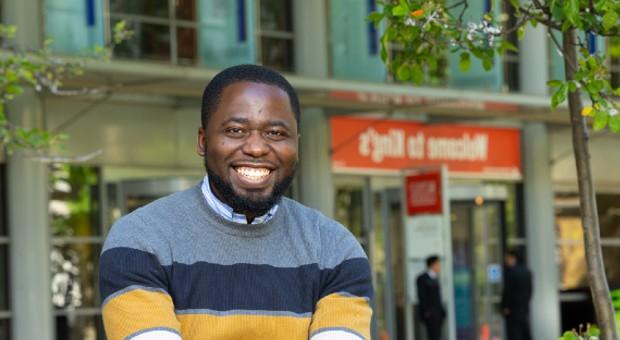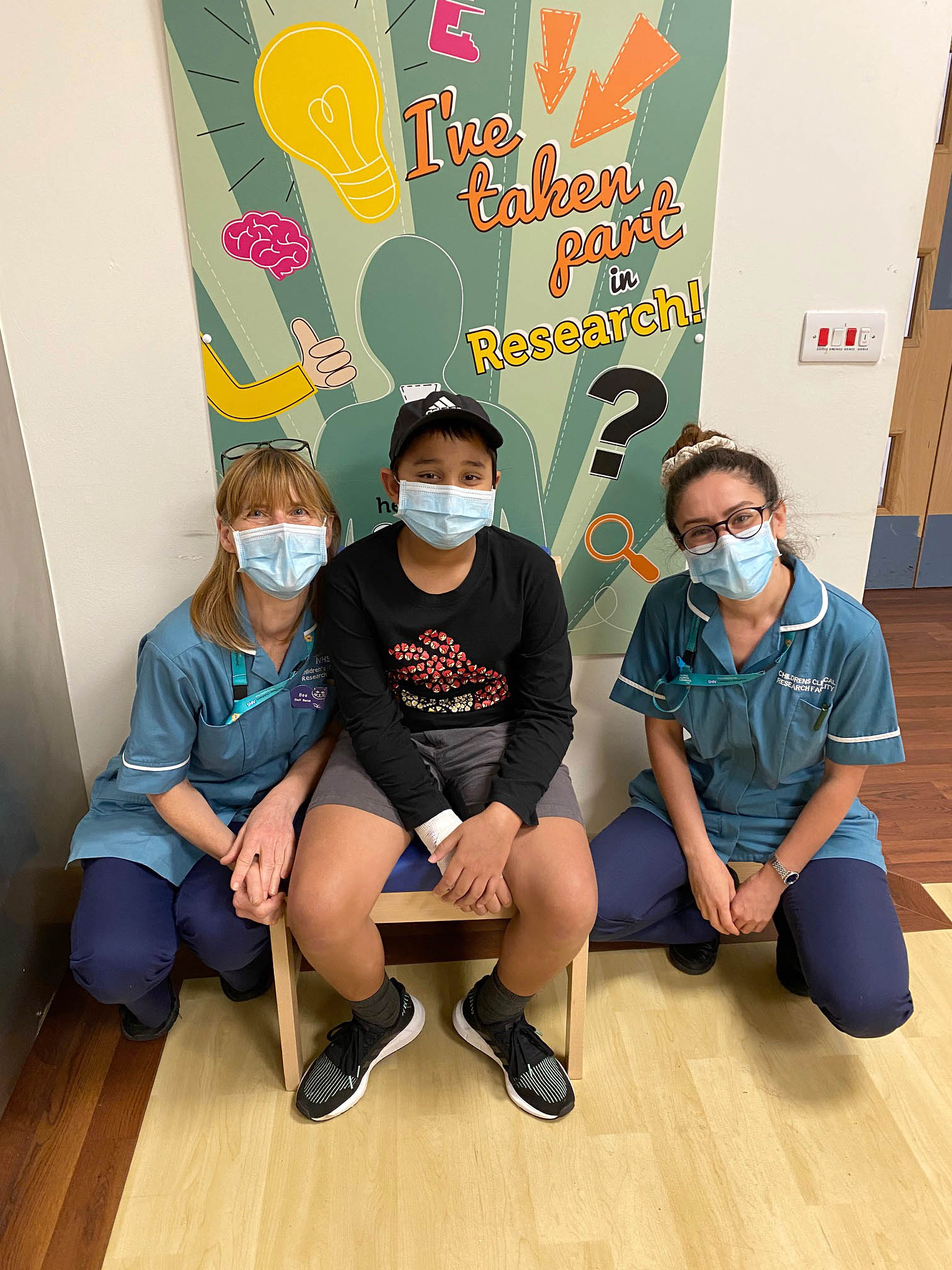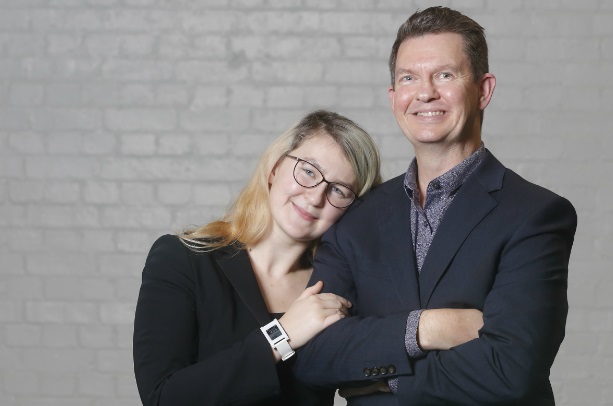
Oladapo Edward Olaniru
I love my work and am extremely passionate about helping support Black people go into careers in science, medicine and research.
Oladapo Edward Olaniru, 38, is a Research Associate within the Department of Diabetes at King’s College London. Here he talks about his research and what Black History Month means to him.


